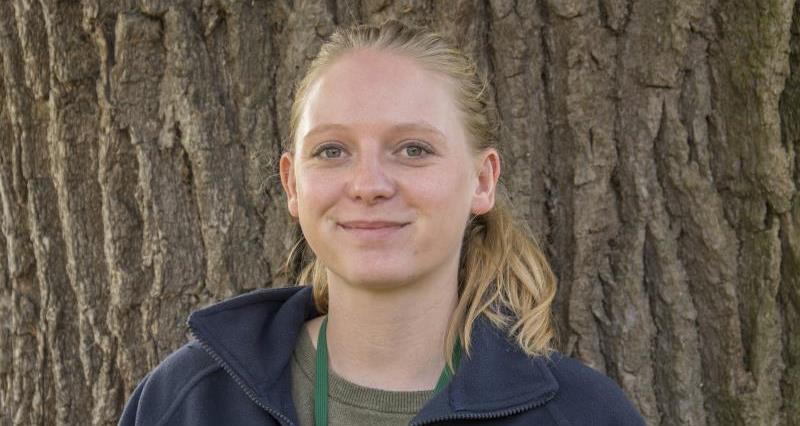Molly Chenery, graduate trainee at NFU, attended the ‘Battle of Ideas’ event at the Barbican Centre in London at the end of October. She writes about her experience and of one talk that made a strong impression on her thoughts.
The discussion titled ‘can sustainability and environmentalism survive Brexit Britain?’ was a topical talk with agriculture raised throughout the debate. The speakers at the debate had varied opinions and answers to the question.
Solitaire Townsend, the co-founder of ‘Futerra’ and chair of UK Green Energy Scheme, kicked off proceedings by saying she was an ‘environmental optimist’. She feels we must approach Brexit with optimism towards the challenges. Quoting Churchill, “the pessimist sees difficulty in every opportunity. The optimist sees opportunity in every difficult”.
Solitaire called to bring back responsibility. For more young people to study environmental science and for more lawyers to look to represent the UK in the European court of justice over issues such as air pollution.
A self-proclaimed pessimist towards the state of the environment following Brexit is Dr Richard Benwall from the Wildfowl and Wetlands Trust. Richard spoke about the benefits, such as funding and targets, the environment has seen through being a member of the EU.
“Agricultural subsidies are the lion’s share of environmental funding from the EU”, Richard says, later going on to explain he agrees with subsidies but feels farmers should be rewarded for green farming rather than on the size of their land.
Marco Visscher, the co-author of ecomodernism, explained the difference between an eco-modernist and a traditional eco. He says “traditional greens want farming to be organic, they are strongly against GMO’s and they want all energy to come from wind or solar. Whereas eco-modernists take a more rational approach and understand that industrial agriculture and new technologies are needed in order to feed the growing population”.
The EU has a global reputation for being a leader in environmental issues but reputation doesn’t mean that much, Marco thinks, he said that EU legislation often gets in the way of innovation and solutions to issues such as global warming.
Yvette De Garis from Thames Water had more of a balanced view. She said, “The EU has done a lot of good for the environment, but this doesn’t necessarily mean EU legislation is the right way of doing things. She explained that the UK increasingly wants to influence EU legislation and make it more relevant for our country.
To sum up, there was a mixture of optimism and scepticism towards whether the environment would fare better after Brexit. However all of the speakers agreed that this is a huge opportunity for us to take charge of our environment and make a real change to how we nurture it.
Read more from our graduates who went to the Battle of Ideas event:
